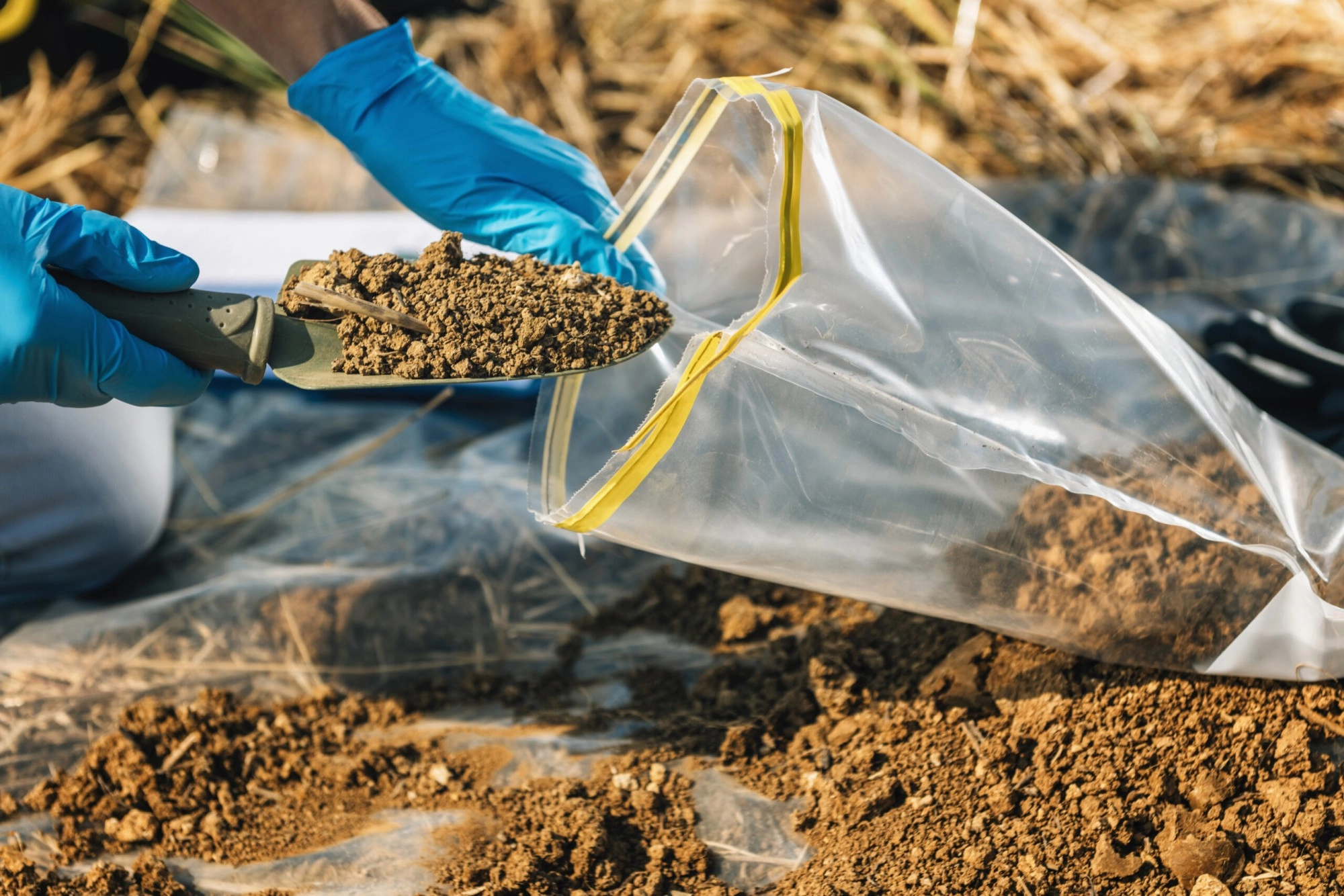- 204
Why Is Soil Testing Important?
Soil is the invisible yet decisive foundation of any infrastructure or construction project. If its physical and mechanical properties are not properly evaluated, the consequences can be serious — both economically and structurally. That’s why soil testing, especially laboratory analysis of soil samples, is an essential step at the beginning of every project.
What Is Soil Testing?
Soil testing is the process of examining soil samples taken from the field to determine their physical, mechanical, and chemical characteristics using specialized laboratory equipment. The results of these tests reveal the soil’s load-bearing capacity, density, settlement potential, permeability, and other critical indicators.
The process involves two main stages:
- Field stage: Sampling the soil at different depths.
- Laboratory stage: Conducting equipment-based testing and compiling the results into a technical report.
Why Does Soil Testing Matter for Construction?
The soil’s properties directly determine the type and strength of the foundation. Loose or water-saturated soil may fail to support structural loads properly, leading to post-construction issues like settlement, cracks, and deformation. With proper testing:
- The safest and most appropriate foundation type is selected
- Waste of materials and resources is avoided
- Potential structural problems are predicted early
- Reinforcement measures are planned in advance
Which Tests Are Conducted?
In our accredited laboratory, we offer soil mechanical and physical testing in accordance with “GOST” and “ASTM” standards.
Key tests include:
- Grain size analysis: Identifies the soil’s composition (sand, clay, silt, etc.)
- Moisture content and density: Evaluates the soil’s compactness and saturation
- Liquid and plastic limits: Determines deformation thresholds
- Settlement and consolidation: Assesses how the soil responds to structural loads over time
- Shear and cohesion tests: Measures internal friction and resistance to sliding
- Permeability: Indicates water movement capacity, especially for foundations
- pH and chemical properties: Assesses soil chemistry and corrosion risk
Who Needs Soil Testing?
This service is essential for:
- Construction companies (buildings, roads, bridges)
- Public infrastructure and utility projects
- Agricultural facilities
- Water and heating network designers
- Private individuals building homes
Consequences of Skipping or Misconducted Testing
Avoiding soil analysis might seem cost-saving initially, but the long-term damage and costs are far more significant. Common outcomes include:
- Foundation cracks and instability
- Delays or denials in obtaining construction permits
- Redesign of the project mid-way
- Unexpected costs for ground reinforcement
At GEO QAZMA LLC, we offer full-cycle soil testing — from field sampling to lab analysis and reporting. All results are prepared in compliance with local regulations and international standards (ASTM, GOST).
If you’re searching for soil analysis, soil testing, foundation soil study, or pre-construction ground assessment, this service is the foundation of your project. Trying to build without knowing the soil beneath is not just risky — it’s a mistake.


